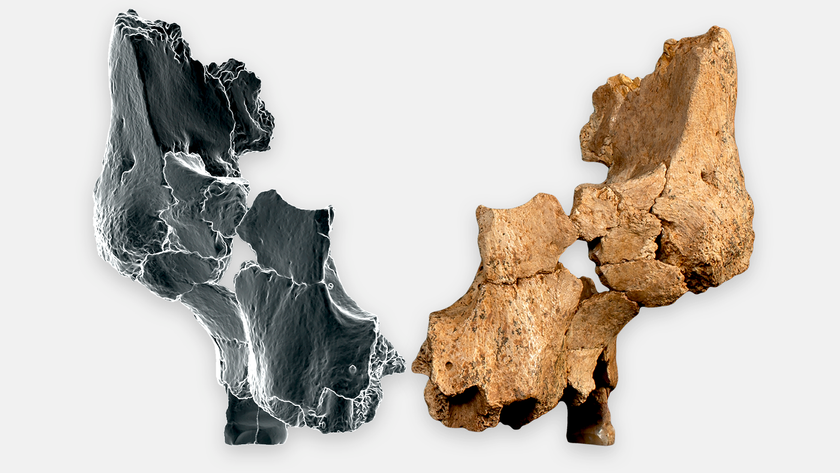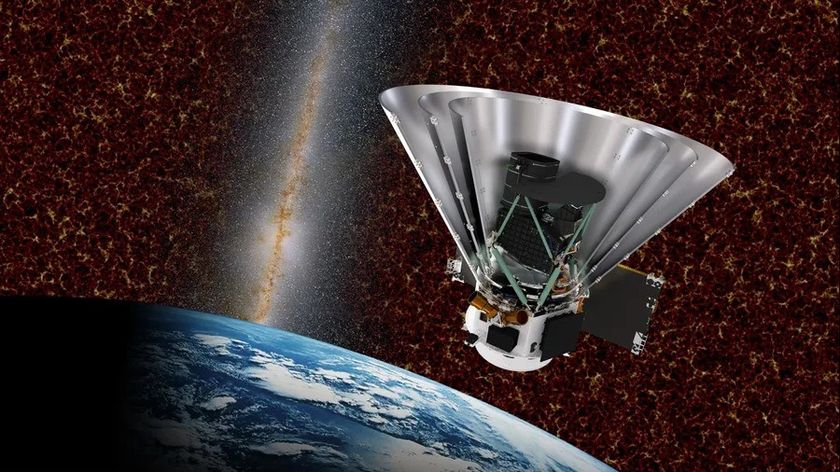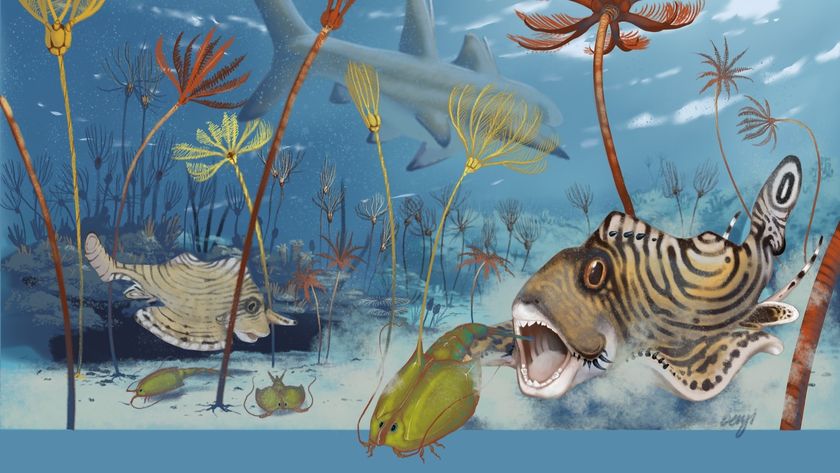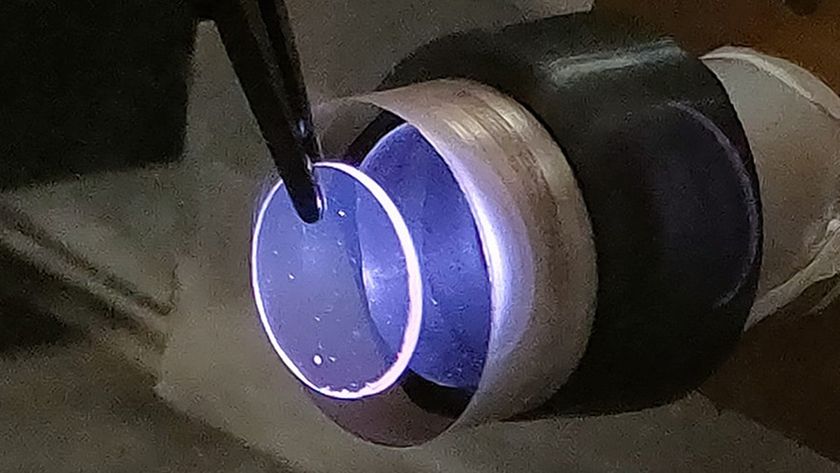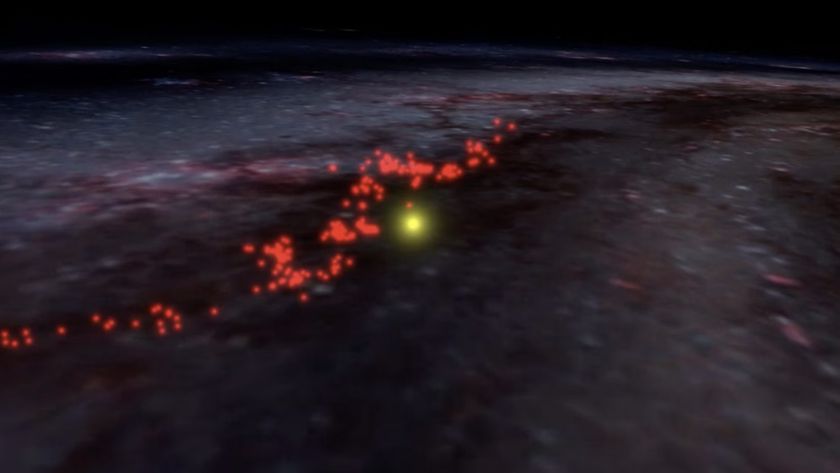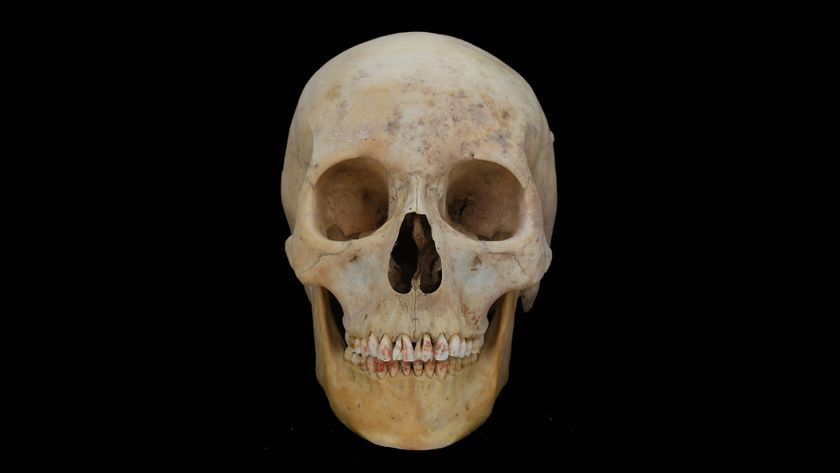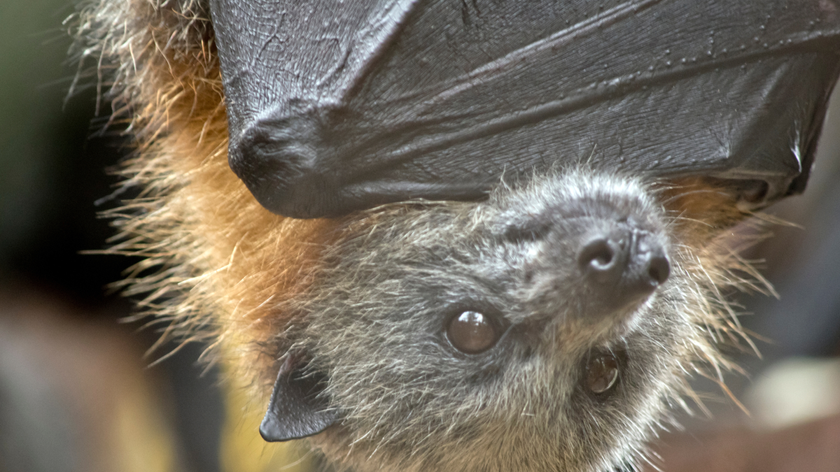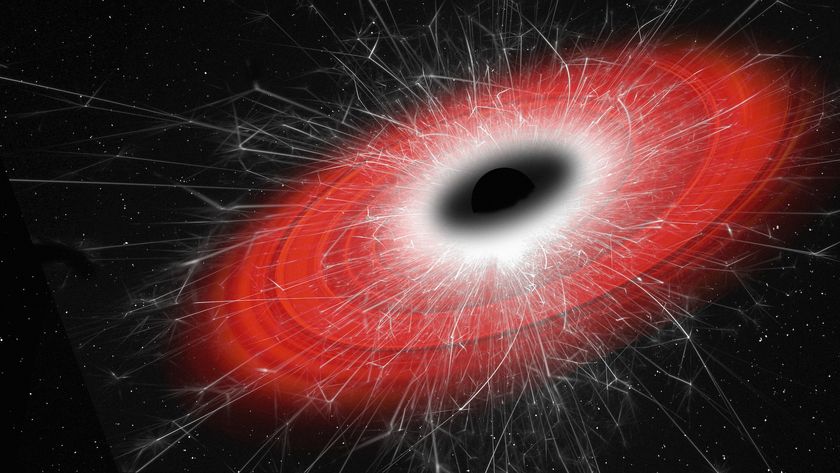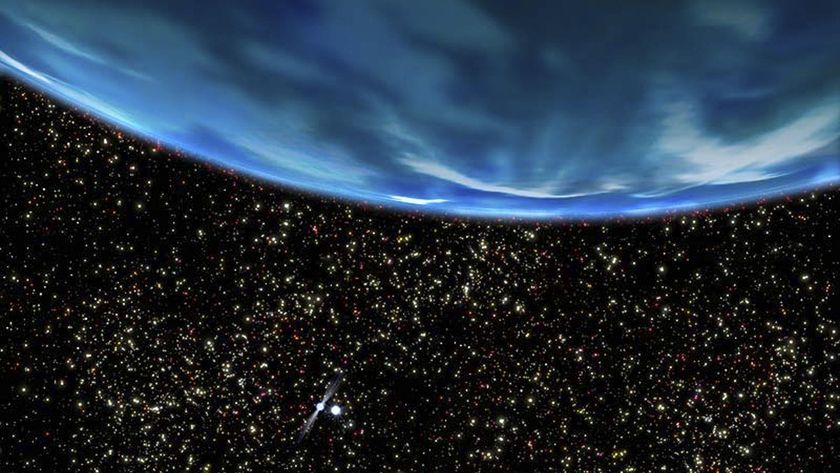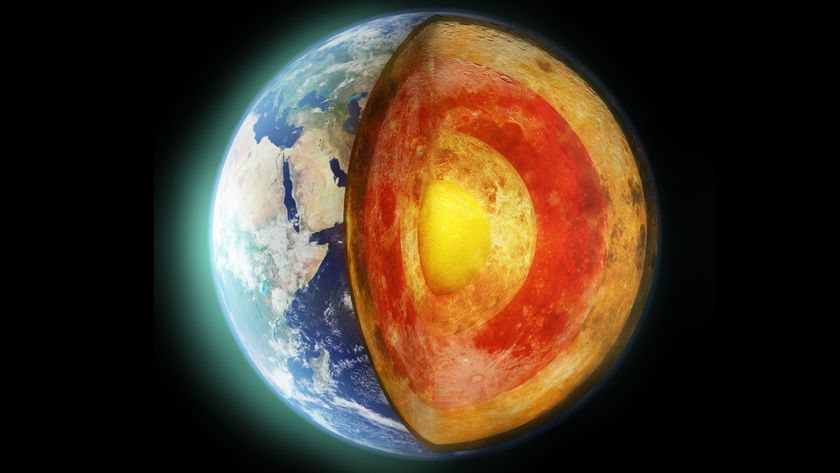
Dung Beetles Cut Gas Emissions from Cow Poo
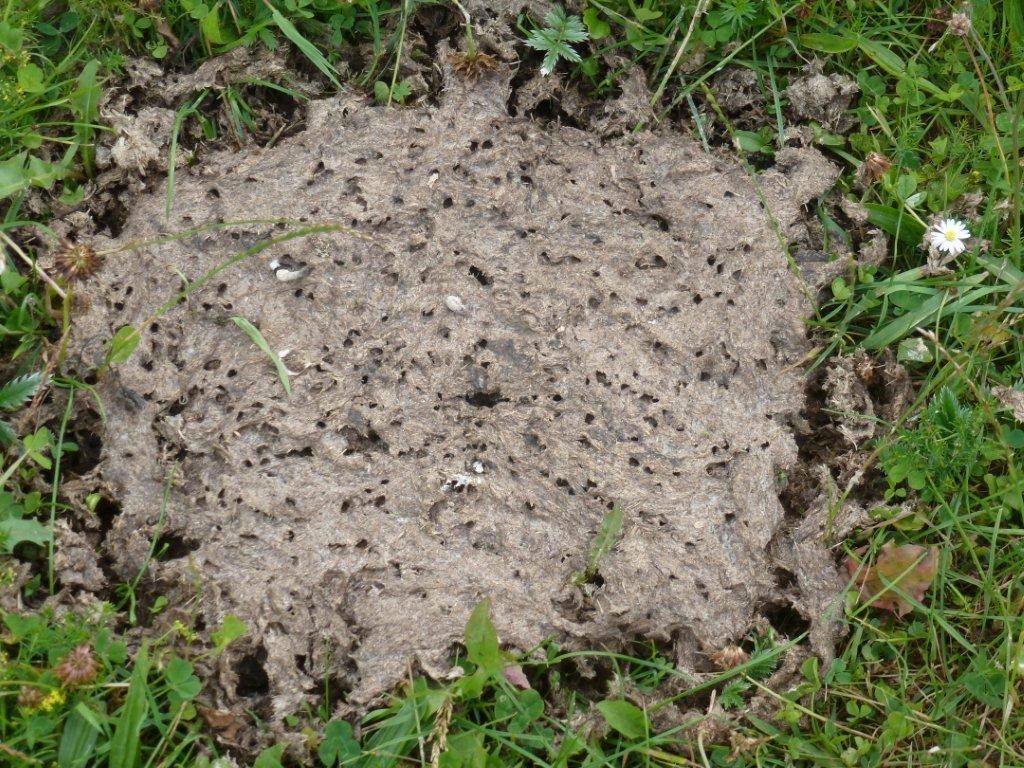
Beetles that root around in cow dung may be even more useful than previously thought (seriously, who else is going to eat that stuff?). New research suggests that by digging through and aerating the excrement, beetles actually reduce the amount of methane released, since the gas is formed under anaerobic, or oxygen-free, conditions. Methane is a much more potent heat-trapping gas than carbon dioxide.
The study, published this month in the journal PLOS ONE, suggests the animals could cause a small reduction in the amount of methane produced from cattle farming.
There are probably as many dung beetle species worldwide as there are bird species, according to a news release from the University of Helsinki. Unfortunately, populations of the animals are in decline. But overall, the study's implications are "quite worrying," said Eleanor Slade, a researcher at the University, in the statement. "When you combine the current increase in meat consumption around the world with the steep declines in many dung beetle species, overall emissions from cattle farming can only increase."
Email Douglas Main or follow him @Douglas_Main. Follow us @livescience, Facebook or Google+.
Sign up for the Live Science daily newsletter now
Get the world’s most fascinating discoveries delivered straight to your inbox.

